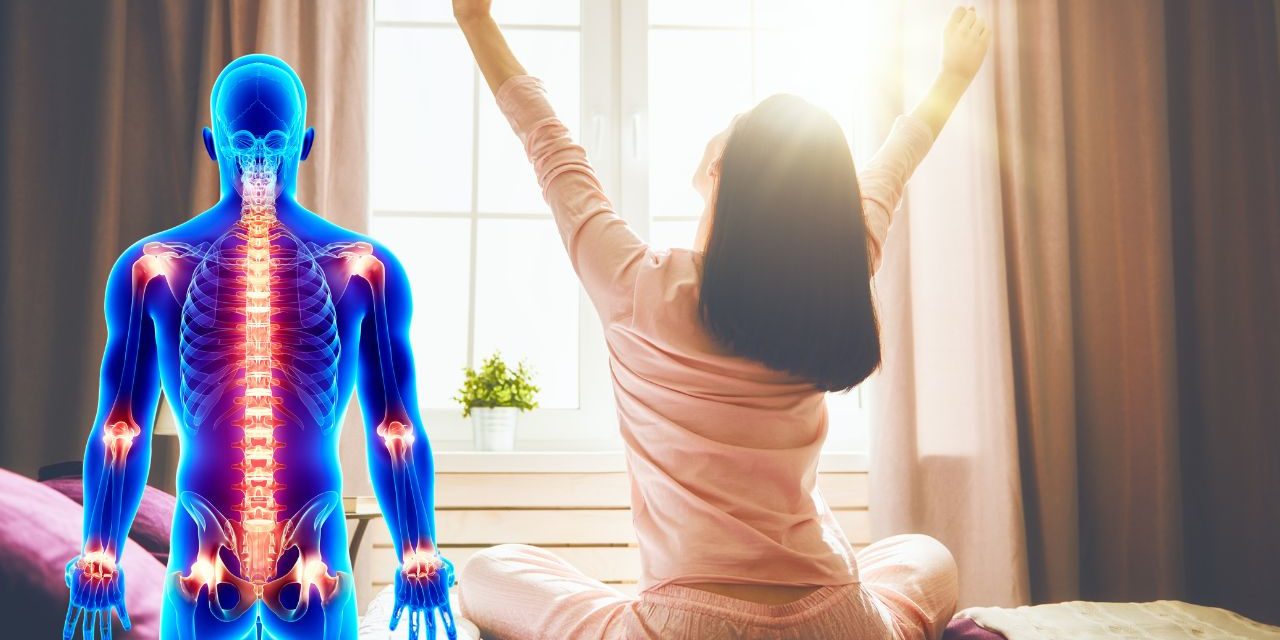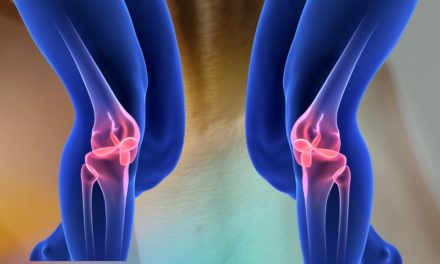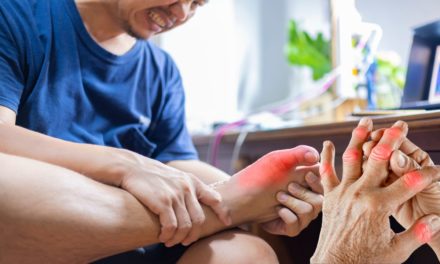Introduction
Morning stiffness is a common and often distressing condition that many people experience upon waking. It refers to a feeling of stiffness and loss of movement in the joints and muscles, usually in the morning or after a long period of inactivity. Morning stiffness can be a symptom of a variety of underlying conditions, and understanding its causes and available treatment options is critical to effectively managing the condition. In this comprehensive article, we’ll explore morning stiffness, its possible causes, symptoms, and effective treatment methods so you can start your day feeling relaxed and flexible.
The nature of morning stiffness
Morning stiffness is not a disease in itself but a symptom of various health conditions. It usually affects the joints, including the knees, hips, shoulders and hands, as well as the back and neck muscles. The duration and severity of morning stiffness can vary, with some individuals experiencing mild discomfort while others may experience more significant limitations in movement.
Possible causes of morning stiffness
Morning stiffness can be triggered by many factors, including:
- Inflammatory conditions: Conditions such as rheumatoid arthritis, ankylosing spondylitis, and lupus can cause joint inflammation and morning stiffness.
- Osteoarthritis: Degenerative joint disease can cause morning stiffness and pain in affected joints.
- Muscle overuse: Muscle overuse or strain during physical activity can lead to stiffness, especially in the morning after rest.
- Poor posture: Prolonged poor posture during sleep can contribute to morning stiffness.
- Age: As we age, joint flexibility and muscle flexibility can decrease, leading to increased morning stiffness.
Symptoms of morning stiffness
The main symptom of morning stiffness is a feeling of stiffness and reduced range of motion in the affected joints and muscles. Common features include:
- Stiff joints: feeling stiff and difficult to move the joints, especially after waking up or resting.
- Joint pain: Pain or discomfort in the affected joints, which may ease as you move around and warm up.
- Decreased mobility: Morning stiffness may temporarily limit the ability to perform certain activities or movements.
Effective treatment methods
Treatment for morning stiffness focuses on managing the underlying cause and improving flexibility and joint function. Some common methods include:
- Light exercise: Engaging in light stretching exercises and range-of-motion activities in the morning can help reduce stiffness.
- Warm compress: Applying a warm compress or taking a warm shower can relieve stiff muscles and joints.
- Medications: Over-the-counter pain relievers or anti-inflammatory medications can help reduce pain and inflammation.
- Physical therapy: Working with a physical therapist can develop a customized exercise plan to improve joint flexibility and reduce morning stiffness.
- Restorative sleep: Improving sleep quality with a supportive mattress and pillow can help prevent muscle and joint stiffness upon waking.
- Management of underlying conditions: If morning stiffness is a symptom of an underlying condition such as arthritis, it is important to follow a treatment plan recommended by a healthcare professional.
Result
Morning stiffness can be an uncomfortable and limiting feeling that affects people of all ages. Understanding the possible causes and effective treatment methods empowers individuals to effectively manage morning stiffness and improve their quality of life. Simple lifestyle adjustments, such as light exercise, warm compresses, and supportive sleep, can help reduce joint and muscle stiffness and increase flexibility. However, if morning stiffness persists, worsens, or is accompanied by other associated symptoms, it is important to consult a health care professional for a proper diagnosis and personalized treatment plan. . With the right approach, individuals can start their mornings relaxed and moving, setting a positive tone for the day ahead.










